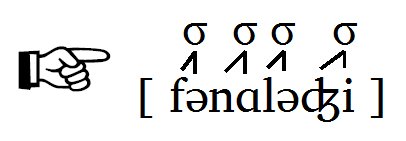
Course overview and goals
In Ling 200, we investigate the phonology — the patterning of speech sounds — of many different languages. Through class discussion and frequent exercises and problem sets, we work to develop a general theory of phonology that can account for both the similarities and the differences in sound patterns across the languages of the world.
Course objectives are to develop:
- basic phonological knowledge
- skills for model building, hypothesis testing, and argumentation
Prerequisite
Ling 101 (Introduction to Language) or permission of instructor.Frequently asked questions about phonology at UNC
-
What is the difference between Ling 200 and Ling 523?
Ling 200 (Phonology) is the undergraduate-oriented phonology course that is taken by most linguistics majors and minors.
Ling 523 (Phonological Theory I) is a graduate-level introduction to phonological theory. As a graduate-level course, it places more emphasis on reading primary research literature in phonology. Undergraduates who wish to take Ling 523 in place of Ling 200 should please contact the instructor of Ling 523 to request permission. Please note that Ling 520 (Linguistic Phonetics) is a prerequisite for Ling 523.
-
What is the difference between phonology and phonetics?
The two disciplines are closely related and often overlap. But in general, phonetics focuses more on the physical realization (articulation and acoustics) and perception of speech sounds, while phonology focuses more on the mental representation of speech sounds and their systematic patterns within and across languages.
-
Can I take more phonology after Ling 200?
Students who successfully complete Ling 200 (or Ling 523) and want to explore theoretical phonology in more depth are welcome to consider Ling 524 (Phonological Theory II), a graduate-level phonology seminar, although this is unfortunately not taught very often. Ling 520 (Linguistic Phonetics), which focuses on acoustic phonetics and experiment design, is another good choice for the phonologically inclined.